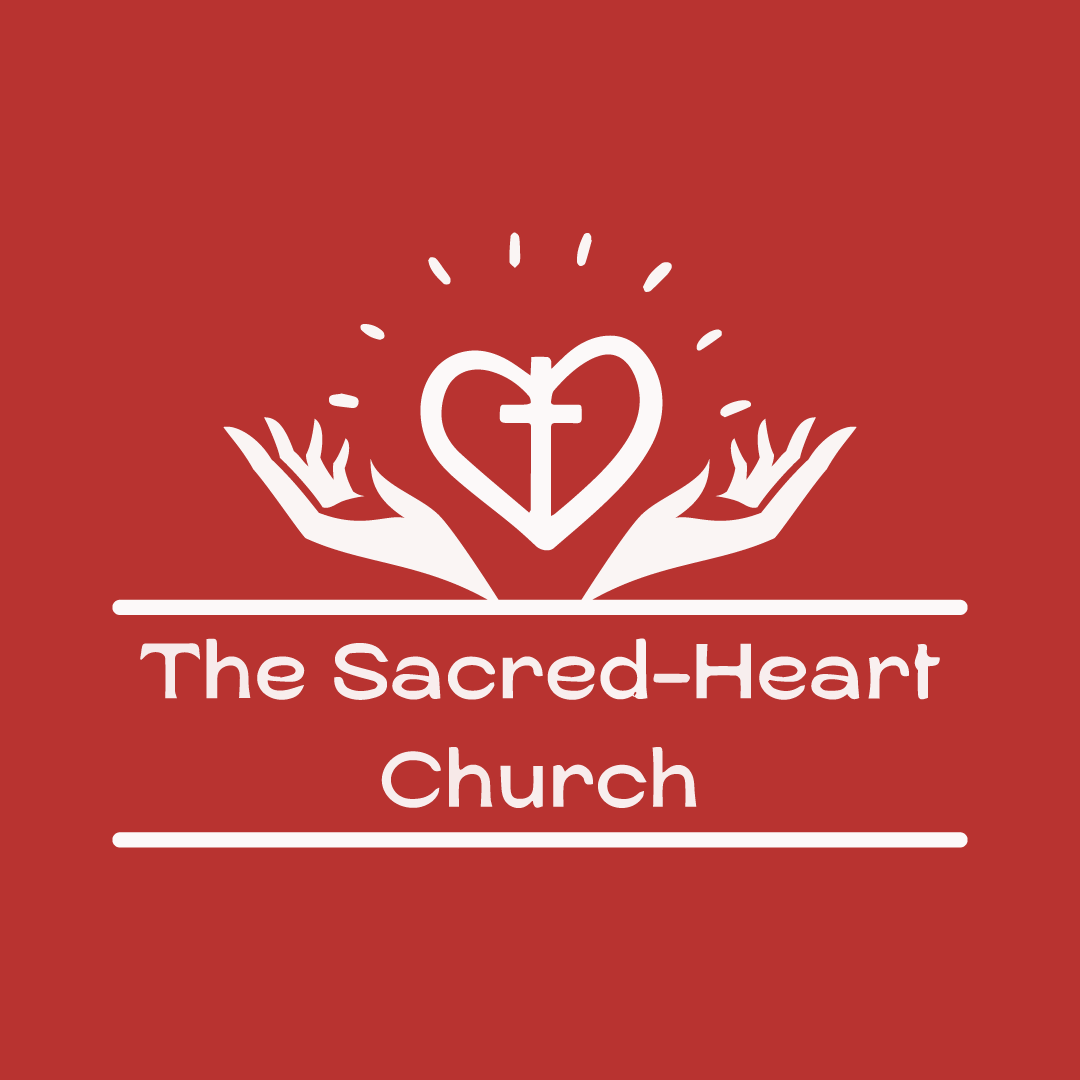Safeguarding policies play a crucial role in protecting vulnerable individuals from harm. These policies outline the steps organizations take to prevent abuse, neglect, and exploitation.

The 6 Principles of Safeguarding
We believe that safeguarding is essential for creating a safe and supportive environment for everyone.
-
Empowerment
-
Prevention
-
Protection
-
Proportionality
-
Partnerships
-
Accountability
At our church, we empower individuals to take control of their own lives and make informed decisions about their safety and well-being.
We work proactively to prevent harm and abuse by educating ourselves and others about the risks and warning signs.
We have robust policies and procedures in place to protect vulnerable individuals from harm and abuse.
We respond to situations in a proportionate manner, taking into account the level of risk and the needs of those involved.
We work collaboratively with other organizations and agencies to share knowledge, expertise, and resources to keep people safe.
We hold ourselves accountable for our actions and decisions, and we are committed to transparency and openness in all our dealings.
By following these six principles, we aim to create a culture of safeguarding that promotes the well-being and safety of everyone in our community.
The 5 Rs of Safeguarding
We take safeguarding very seriously at The Sacred Heart Church, and we want to ensure that everyone feels safe and supported within our community.
-
Recognise
Safeguarding begins with recognising the signs of abuse or neglect. We encourage everyone to be aware of the potential risks and to report any concerns to us immediately.
This includes being mindful of children and vulnerable adults who may be at risk of harm, whether online or offline.
-
Respond
If someone reports a concern to us, we will respond promptly and take immediate action to ensure the individual’s safety.
This may involve contacting local authorities, such as the police or social services, and working closely with them to investigate and resolve the situation.
-
Record
We keep accurate records of all safeguarding incidents, including reports, investigations, and actions taken.
This helps us to learn from our experiences and to identify areas for improvement in our safeguarding procedures.
-
Report
We are committed to reporting all safeguarding incidents to the relevant authorities, including the police and social services.
This ensures that we comply with our legal obligations and that we contribute to the wider effort to prevent abuse and neglect.
-
Review
Finally, we regularly review our safeguarding policies and procedures to ensure that they remain effective and up-to-date.
This involves consulting with experts, reviewing best practices, and making changes as needed to protect our community.
At The Sacred Heart Church, we believe that safeguarding is everyone’s responsibility, and we are committed to doing everything possible to keep our community safe and supported.

The 7 Rules of Safeguarding
We take safeguarding very seriously at The Sacred Heart Church, and we want to ensure that everyone involved with us understands the importance of protecting vulnerable individuals.
- Necessary: We only share information that is necessary for the purpose intended, avoiding unnecessary disclosure that could potentially harm someone.
- Proportionate: We balance the level of information shared with the individual’s needs, taking into account their age, understanding, and circumstances.
- Relevant: We ensure that the information shared is relevant to the situation, avoiding unnecessary details that could cause confusion or distress.
- Adequate: We provide sufficient information to meet the individual’s needs, without overwhelming them with too much detail.
- Accurate: We verify the accuracy of the information shared, ensuring that it is up-to-date and reliable.
- Timely: We share information in a timely manner, responding promptly to requests and addressing concerns quickly.
- Secure: We protect sensitive information by storing it securely, limiting access to authorized personnel, and using encryption when necessary.
By following these 7 rules of safeguarding, we can create a safe and supportive environment for everyone involved with The Sacred Heart Church.
Why Safeguarding Matters
Safeguarding is essential because it helps prevent harm, abuse, and exploitation of vulnerable individuals. By prioritizing safeguarding, we demonstrate our commitment to protecting those who may be at risk.
Our Commitment to Safeguarding
At The Sacred Heart Church, we are dedicated to safeguarding and promoting the welfare of all individuals, particularly children and adults at risk. We work closely with local authorities, organizations, and experts to stay up-to-date with best practices and guidelines.
How You Can Help
If you have any concerns or suspicions about safeguarding, please report them to us immediately. You can also contact our safeguarding team directly for advice and support.
Resources and Support
For more information on safeguarding, please visit our website at thesacredheartchurch.org/safeguarding. You can also contact us at [insert contact email] or [insert contact phone number].

Safeguarding Examples
We take safeguarding very seriously at The Sacred Heart Church, and we want to ensure our community feels safe and supported.
-
Background Checks
We conduct thorough background checks on all volunteers and staff members who work with children and vulnerable adults.
-
Training and Education
Our team undergoes regular training and education on safeguarding policies and procedures to stay up-to-date with the latest best practices.
-
Reporting Incidents
We have a clear process in place for reporting incidents or concerns, and we encourage anyone to speak up if they feel uncomfortable or unsafe.
-
Support Services
We offer support services for victims of abuse or exploitation, and we work closely with local authorities and organizations to provide resources and assistance.
-
Safe Spaces
We strive to create safe spaces for everyone to worship, learn, and grow, free from harassment, bullying, or intimidation.
-
Community Engagement
We engage with our community through various events and activities, promoting awareness and understanding of safeguarding issues.
-
Partnerships and Collaborations
We partner with local organizations and agencies to share knowledge, expertise, and resources, strengthening our commitment to safeguarding.
-
Policy Development
We regularly review and update our safeguarding policies to reflect changing laws, regulations, and best practices.
-
Transparency and Accountability
We maintain transparency in our safeguarding practices and hold ourselves accountable for any mistakes or oversights.
We believe that safeguarding is everyone’s responsibility, and we’re committed to creating a culture of safety and respect at The Sacred Heart Church.
The 5 Cs of Safeguarding
We believe that every individual deserves to feel safe and supported, particularly our most vulnerable members of society – our children.
- Calm: As a safe adult, it’s essential to remain calm and composed, especially in situations where children may be feeling anxious or upset.
- Consistent: Consistency is key when it comes to setting boundaries and expectations for behavior. This helps children feel secure and develop trust in us as safe adults.
- Communication: Open and honest communication is vital in building strong relationships with children. We listen actively, validate their feelings, and respond thoughtfully.
- Connection: Building meaningful connections with children is crucial in establishing a sense of safety and belonging. We take the time to get to know them, understand their interests, and show genuine interest in their lives.
- Curiosity: A curious mindset allows us to approach situations with empathy and understanding. By asking open-ended questions and seeking clarification, we demonstrate our commitment to supporting children’s emotional and psychological well-being.
At The Sacred Heart Church, we recognize the importance of these 5 Cs in creating a safe and nurturing environment for everyone. Our mission is to foster a culture of compassion, respect, and inclusivity, where individuals feel valued and supported.
By embracing these principles, we can work together to prevent harm, promote healing, and empower individuals to thrive. Remember, being a safe adult is not just about avoiding harm – it’s about creating opportunities for growth, learning, and connection.

Answering Safeguarding Interview Questions
We understand the importance of safeguarding and protecting our congregation, which is why we’re committed to hiring the right people for the job.
-
Tips for Answering Safeguarding Interview Questions
-
Be Prepared to Discuss Your Experience and Training
- Highlight your previous experience working with vulnerable adults or children, and explain how you’ve applied safeguarding policies and procedures in your role.
- Discuss any training you’ve received in safeguarding, such as online courses or workshops, and how you’ve implemented what you’ve learned in your work.
Understand Our Safeguarding Policies and Procedures
- Show that you’ve taken the time to read and understand our safeguarding policies and procedures, and ask questions if you’re unsure about anything.
- Explain how you would respond in a situation where you suspected abuse or neglect, and describe any steps you would take to report concerns.
Demonstrate Your Commitment to Safeguarding
- Show that you’re passionate about safeguarding and protecting vulnerable adults or children, and explain why this is important to you.
- Describe how you would promote a culture of safeguarding within our organization, and suggest ways to improve our existing policies and procedures.
Ask Questions About Our Safeguarding Practices
- Ask questions about our safeguarding policies and procedures, such as how we handle allegations of abuse or neglect, and what support is available for staff who may be affected by safeguarding issues.
- Discuss how we monitor and review our safeguarding practices, and what steps we take to ensure that our policies and procedures are effective.
We believe that safeguarding is everyone’s responsibility, and we’re looking for candidates who share our commitment to protecting vulnerable adults and children.

0 Comments